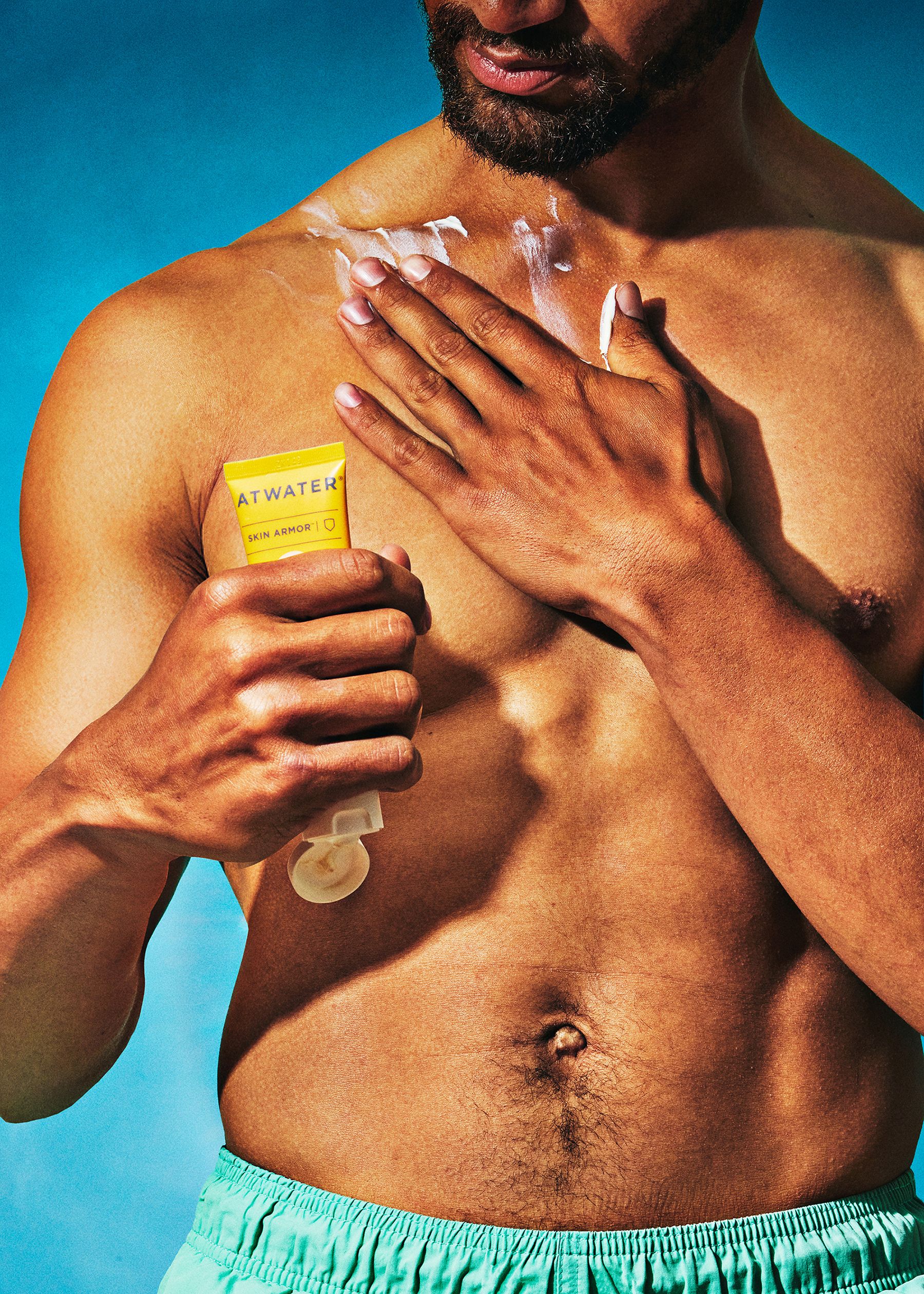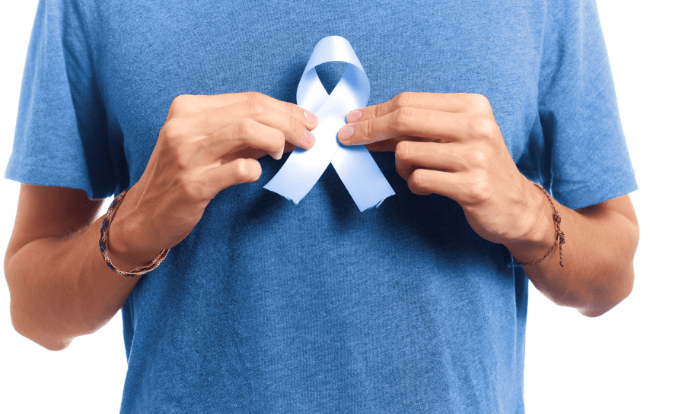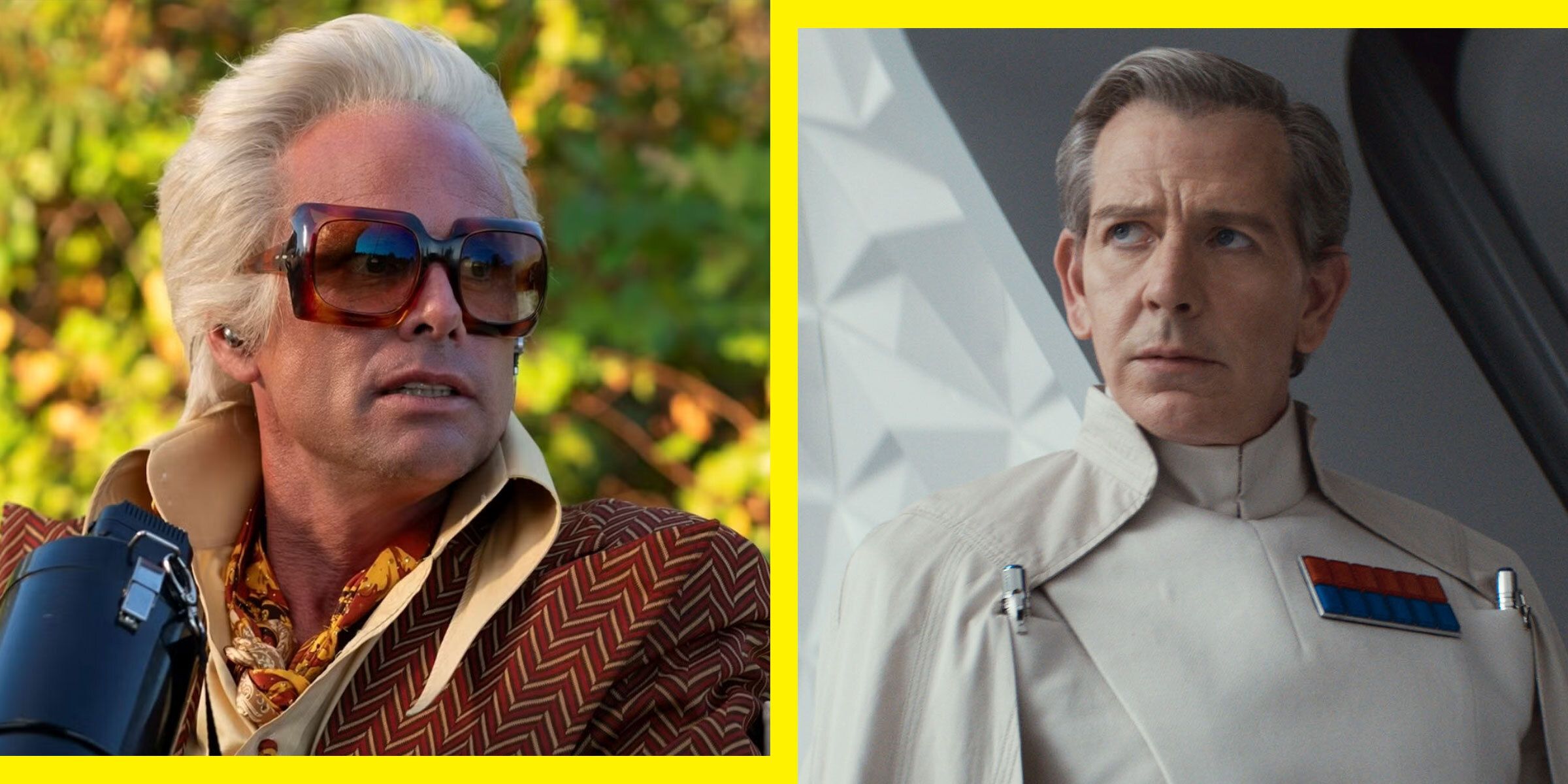Coming Soon (We Hope)
Skin-care obsessives (they exist!) love to complain about how behind the rest of the world the U.S. is when it comes to sunscreen. They’re not wrong. The FDA hasn’t approved a new sunscreen filter since 1999. That could change soon. Bemotrizinol, also known as PARSOL Shield, has been used in Europe and Asia for 20 years and is up for U.S. approval by March 2026. “To get to an SPF 30 or 50, I need to use at least two or three chemical sunscreens [in a formula],” says cosmetic chemist Ron Robinson. But PARSOL Shield offers more protection with fewer ingredients. So even lighter-weight options could be here, like, soon.
About Hybrid Sunscreens
These screens, a combo of chemical and mineral, are often lighter than pure mineral ones. That’s a win. But recent studies show they may not protect against UVA rays and visible light as well as a chemical-only or mineral-only option, says dermatologist and Men’s Health advisor Dr. Corey L. Hartman, MD. Pure mineral sunscreens with a tint provide the most protection against both kinds of damaging light, studies show.





Post Comment